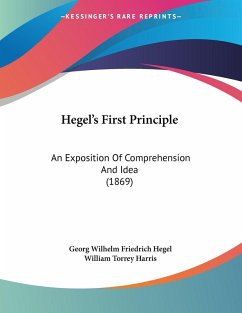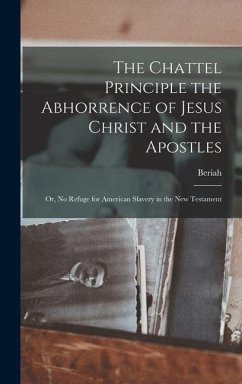Georg Wilhelm Friedrich Hegel was born on August 27, 1770, in Stuttgart, Germany, to parents Georg Ludwig Hegel and Maria Magdalena Louisa Fromm. He became a central figure in 19th-century German philosophy, known for his work in idealism. Hegel's thought spanned a wide array of subjects, including epistemology, metaphysics, political theory, aesthetics, and the philosophy of religion. He advanced a dialectical method that examined the evolution of ideas through contradiction and resolution, significantly shaping how later thinkers approached history, consciousness, and social systems. His work emphasized that reality and rationality are deeply intertwined, and he presented history as a rational process marked by the unfolding of human freedom. Hegel's writings on aesthetics elevated art as a vehicle of truth and spirit. His influence touched numerous later philosophers such as Martin Heidegger, Ludwig Feuerbach, and Michel Foucault. In 1811, he married Marie Helena Susanna von Tucher, and they had three children. Hegel died on November 14, 1831, in Berlin, leaving a legacy that continues to provoke debate and inspire study.














